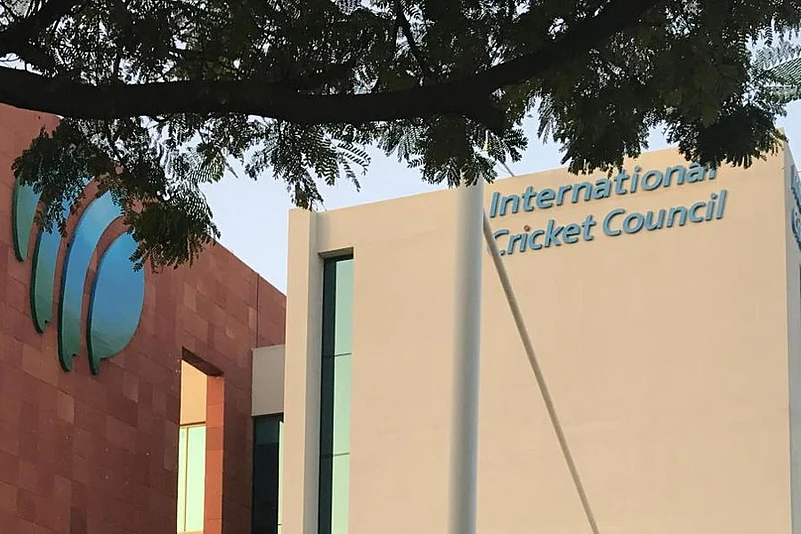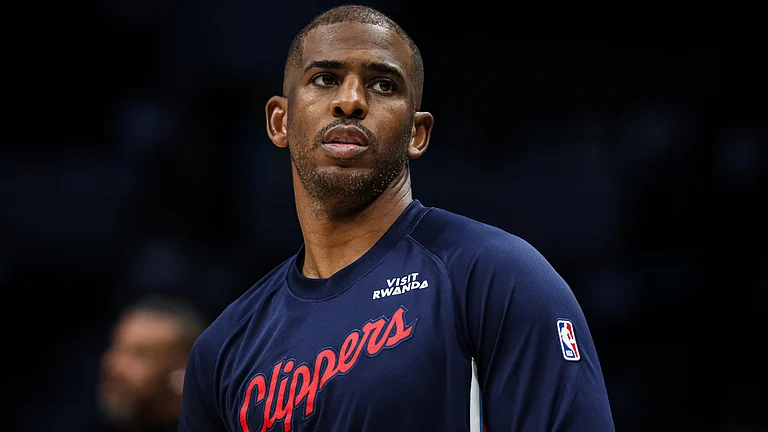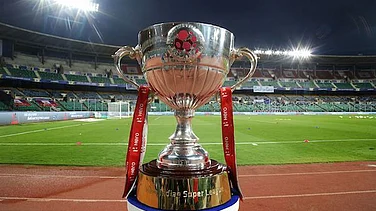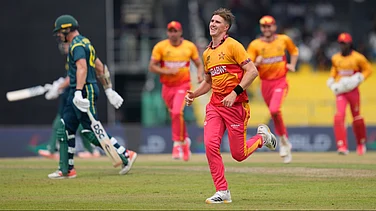The ICC on Thursday banned two UAE players Amir Hayat and Ashfaq Ahmed for eight years after they were found guilty of trying to fix T20 World Cup qualifying round matches in their country, colluding with an Indian bookie. (More Cricket News)
While the ICC's Anti-Corruption Tribunal had charged both the Pakistan-born cricketers back on September 13, 2020, the backdated quantum of sentence was passed on the day.
"The bans are backdated to 13 September 2020, when they were provisionally suspended for corrupt conduct in relation to the ICC Men's T20 World Cup Qualifier 2019 in the UAE," the ICC release stated.
Both cricketers had taken 15,000 AED (United Arab Emirates Dirham totalling USD 4083 approx) from an Indian bookie, identified as Mr 'Y' in the ICC charge-sheet for fixing the qualifying round games. Hayat is a medium pacer while Ahmed is a batsman.
As per ICC's anti-corruption code, the duo has been charged on five counts which includes failure to disclose a corrupt approach, trying to improperly influence the outcome of a match, and accepting gifts worth more than USD 750.
"In October 2019, the ICC ACU commenced an investigation into allegations that members of the UAE senior international team may have had dealings with a known corruption network controlled by an Indian man named [Mr Y]," the detailed ICC judgement stated
"Steven Richardson, the ICC ACU's Coordinator Investigations, testified that the ACU had known of [Mr Y] for some time because he had been reported as having approached a number of players (either directly or via a third party) to get them involved in corruption in cricket.
"The ACU was also aware that [Mr Y] had been involved in unsanctioned cricket tournaments which had corruption and betting links," it further stated.
The judgement also mentioned that both Hayat and Ahmed had attended four and three anti-corruption education sessions organised by the ICC.
It also mentioned that there were WhatsApp messages that were shared between the two players and the Indian corruptor but the meeting that was scheduled on a specific date didn't take place.
"The UAE was due to participate in the ICC World T20 Qualifiers in the UAE in October 2019 and it is alleged that the Players understood that this payment of the AED 15,000 anticipated their engagement in corrupt conduct during the Qualifiers, with precisely what would be expected of them to be provided at a later date," the ICC stated.
"WhatsApp messages between the Players suggest that the Players and [Mr Y] were trying to arrange a meeting on 7 September 2019, at which, it is to be inferred, details of what they would be asked to do in the Qualifiers would be given to them. The Players say that this meeting did not in fact take place."
Alex Marshall, ICC General Manager – Integrity Unit, said: "Both Amir and Ashfaq had played cricket at the highest level for long enough to understand the threat from match fixers.
"The two UAE players, attended several ICC anti-corruption education sessions, and knew how to avoid becoming involved in any corrupt activity. Their lengthy ban should serve as a warning to others."


























